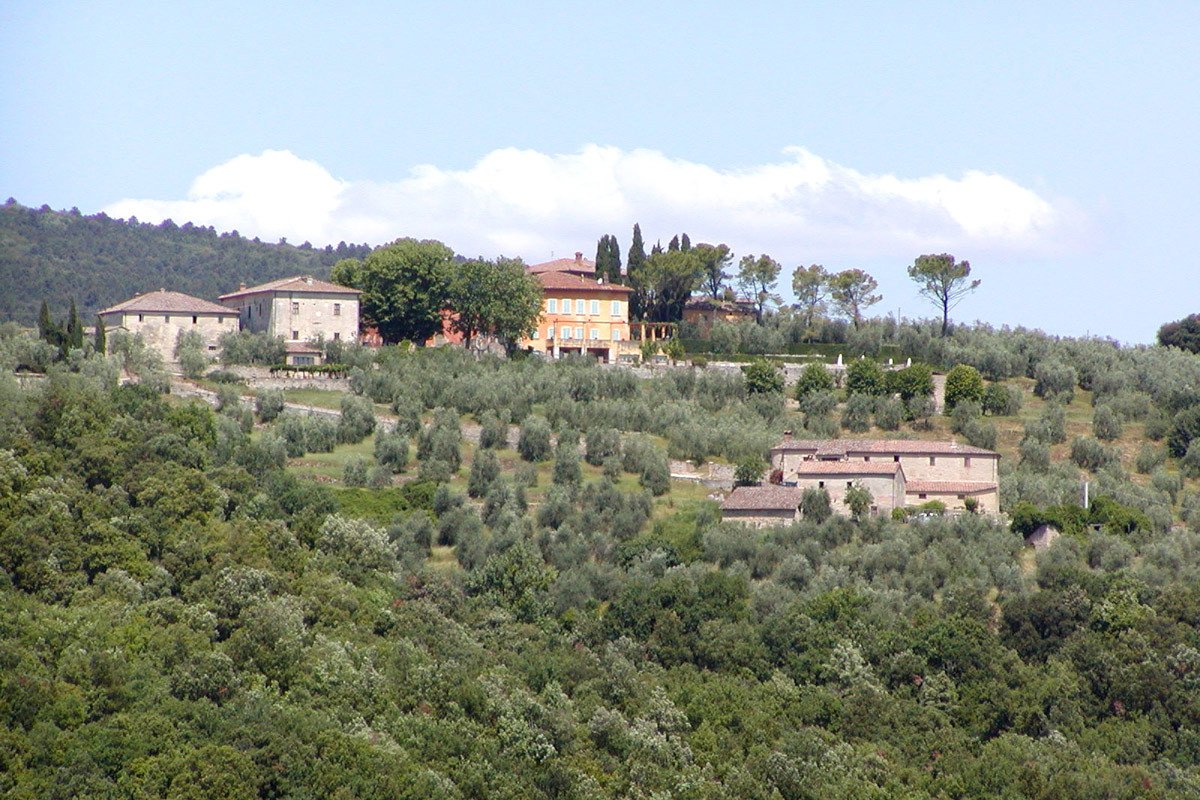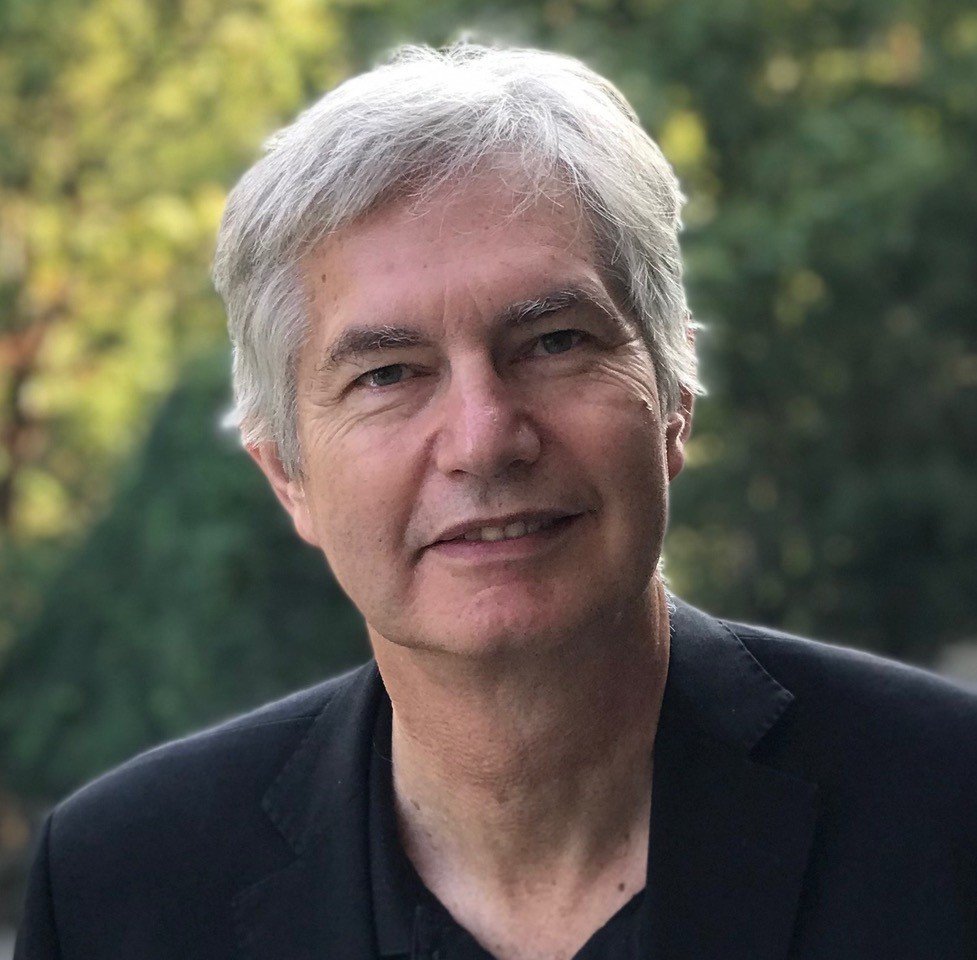Young ERCOFTAC Montestigliano Spring School for Graduate Students 2020
CMFD: Computational Multiphase Fluid Dynamics

With biggest regrets it has been CANCELLED this year !!!
NEW DATES: Sunday, 25th October - Saturday, 31st October 2020
Location: Montestigliano, Italy
Organisers: Peter Schmid (Imperial College London),
Shervin Bagheri (KTH),
Taraneh Sayadi (Sorbonne University)
Deadline for applications: 4th March, 2020
ABOUT ERCOFTAC MONTESTIGLIANO SPRING SCHOOL:
Ercoftac Montestigliano Spring School is an event for young scientists covering a specific multi-disciplinary and modern topic in fluid mechanics. Its format is based on an interactive teaching concept. Besides the traditional supervision by the student's advisor, the typical education of a PhD student seldom involves hands-on training under the guidance of a true expert in a particular and complementary field. University courses succeed in laying a foundation in rudimentary (and even a few specialized) concepts. Conferences, minisymposia and standard workshops expose young scientists to recent advances. In Montestigliano, students collaborate intensively during a full week in small groups under the guidance of a world-leading expert in a specialized topic.
TOPIC 2020:
Volume of Fluid (VOF) method S. Zaleski & R. Scardovelli:
- Volumetric tracking, piecewise linear interface reconstruction.
- Advanced VOF methods: unsplit, exactly-mass-conserving VOF methods, oct-tree adaptive mesh refinement, height-function methods.
- High-density ratio and momentum-conserving methods.
Applications of VOF, Phase Field and Lattice Boltzmann S. Zaleski:
- The Gerris, Paris Simulator and Basilisk free codes.
- Flows with large interface deformation and disruption.
- Ligament formation, atomization and entrainment.
- Droplet splashing.
- Multiphase flow in porous media.
- Introduction to Multiphase Lattice Boltzmann.
- Introduction to the Phase-Field / Cahn-Hilliard model. Phase-Field / Cahn-Hilliard model with contact angles.
Participants will have a hands-on experience of selected topics among the above using the basilisk code.
INVITED KEYNOTE SPEAKER:
Prof. Stéphane Zaleski from Sorbonne Université in the Jean Le Rond d'Alembert Institute, Paris

Bio of invited speaker:
Stéphane Zaleski is Professor at Sorbonne Université in the Jean Le Rond d'Alembert Institute. He studied for his doctorate at the Physics Department of Ecole Normale Supérieure in Paris. In 1992 he joined the Laboratoire de Modélisation en Mécanique of the University of Paris 6 which later became the Jean Le Rond ∂’Alembert Institute of Sorbonne Université. He investigates various numerical methods for the simulation of multiphase flow with applications for atomization, cavitation, porous media flow, boiling, hydrometallurgy and droplet impact. He investigates several variants of the Volume of Fluid method for interface tracking and the phase-field method for diffuse interfaces, He has written several computer codes for the simulation of two-phase flow including PARIS Simulator with D. Fuster, S. Ling, R. Scardovelli and G. Tryggvason and he participates in the development of the Basilisk code. He is Associate Editor of the Journal of Computational Physics and of Computers and Fluids. He created and manages with Patrick Huerre and David Quéré the PhD and Master degree program in Fluid Mechanics of Polytechnique and Sorbonne Université. He received the Victor Noury prize of the Paris Academy of Sciences and the Silver Medal of CNRS; he is a Fellow of the American Physical Society.
FORMAT:
The workshop starts with two or three (~2h long) lectures by the invited speaker on the chosen topic. During the week the students work in groups of 3-4. They are given a challenging project designed by the invited speaker and the organizers. The projects are often supplemented by Matlab codes and other material (papers, notes) that form an ideal starting point for the students. The projects are commonly divided into three categories: (A) basic concepts, (B) advanced concepts and (C) open questions at a research level. Students present their projects on the final day and submit a report 1-2 months after the workshop. In exceptional cases, these reports form the basis for a journal publication. The speaker and organizers are available during the entire week and work in close contact with the groups, helping out when difficulties arise or filling in missing knowledge. Being in a remote area of Tuscany, the participants (organizers and student) are responsible for lunches and dinners. In this way, the student quickly become acquainted with each other and a very warm and friendly atmosphere is created.
HOW TO APPLY:
Applications of prospective participants should contain:
- A Curriculum Vitae (CV) or resume of the applicant (max one page).
- A short letter of purpose from the student (max one page), highlighting in particular the relevance of the workshop to his/her research topic.
- A short description of the research topic should also be included.
- A short letter of recommendation from the supervisor of the applicant (max one page). This letter should be sent directly by the advisor to the organizers.
The applications can be submitted to any of the organizers: Peter Schmid (Imperial College London), Shervin Bagheri (KTH), Taraneh Sayadi (Sorbonne University)
Selected candidates will subsequently be notified and will receive a fellowship that covers accommodation. Travel costs to and from the workshop venue have to carried by the home institute.
Registration fee is 150€.
VENUE:
The workshop will take place at the picturesque estate of Montestigliano in the heart of Tuscany. The village of Montestigliano is composed of 18th century buildings, typically of Tuscan architecture. Located 15 km south-west of Siena, it provides a stunning landscape and a stimulating environment for both intensive work and relaxation. The 18th century houses and farm buildings have been carefully restored to retain their original features common to Tuscan architecture.
For further information visit http://www.montestigliano.it/.
BACKGROUND:
The network of interactions among fluid elements and coherent structures gives rise to the amazingly rich dynamics of vortical flows. To describe these interactions, we consider the use of mathematical tools from the emerging field of network science that is comprised of graph theory, dynamical systems, data science, and control theory. The key network interactions and communities in terms of vortical elements, modal structures, and clusters can be extracted. Network theoretic approaches enable the analysis, modeling, and control of fluid flows with particular emphasis on the interactive dynamics.
The goal of this workshop is to create a foundation for the participants to initiate the use of network-based toolsets for analyzing a range of fluid flow problems. The workshop will offer an introduction to network science with examples of network based techniques to model and control fluid flows. A number of Eulerian and Lagrangian-based network approaches will be presented to prepare the participants tackle short-term network-flavored group projects within the period of the workshop. References and example programs will be made available to the attendees to complete the projects.
While the field of network science has shown tremendous growth over the past two decades, applications of its toolsets have only sprung up over the last few years for fluid mechanics. We hope to stimulate workshop attendees to combine their creativity and network-based approaches to expand the horizon of fluid flow analysis.
More information is available here
